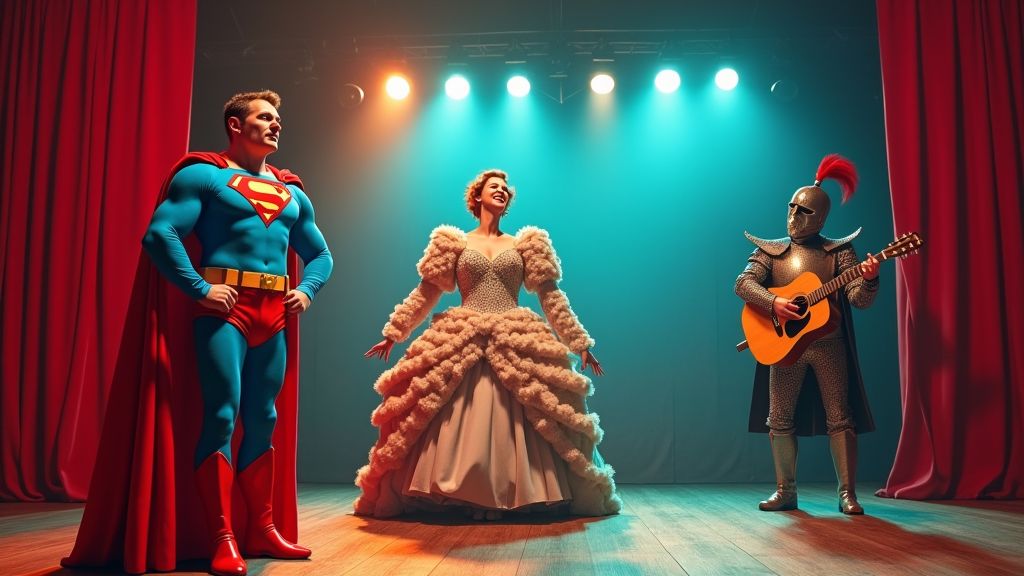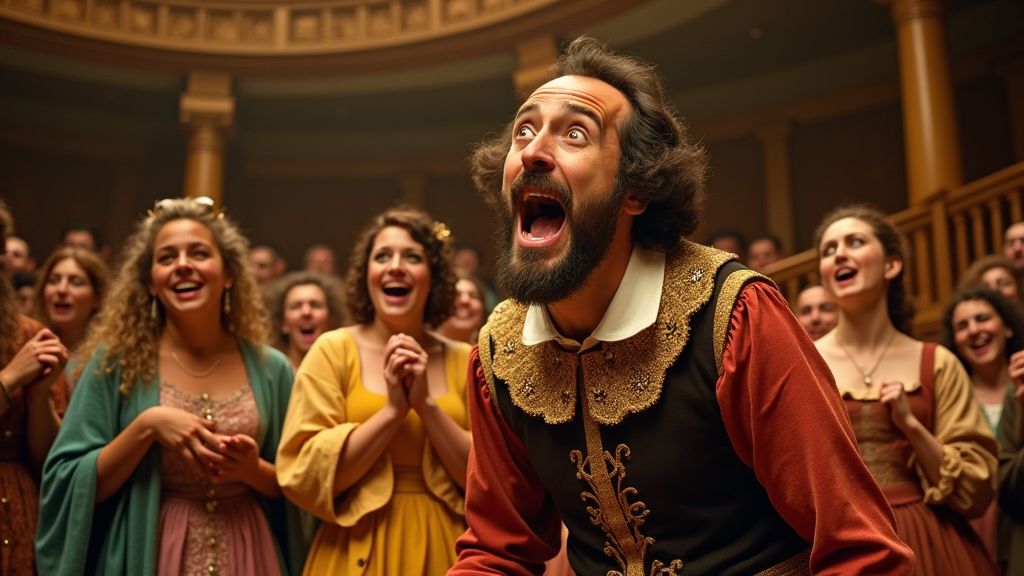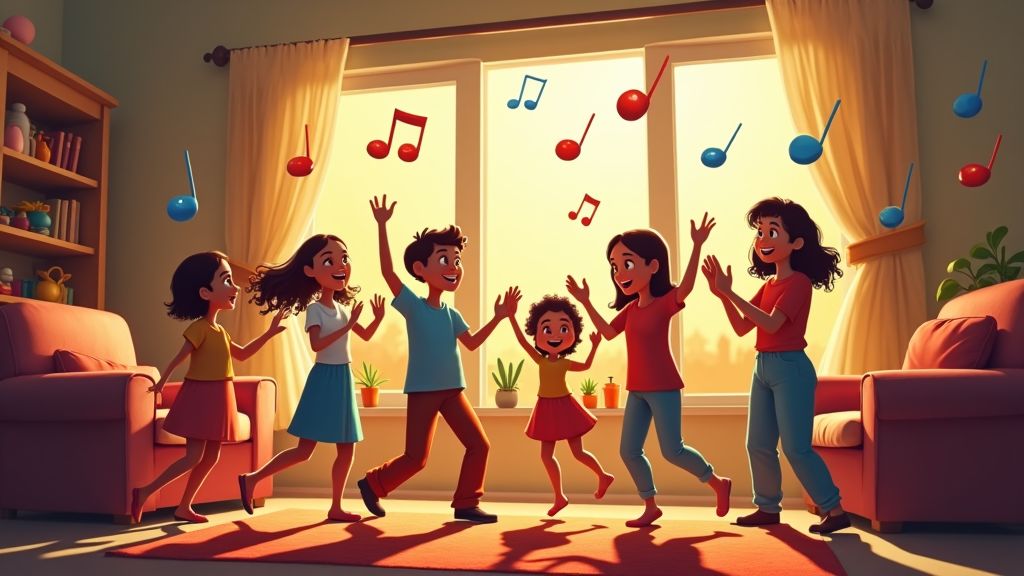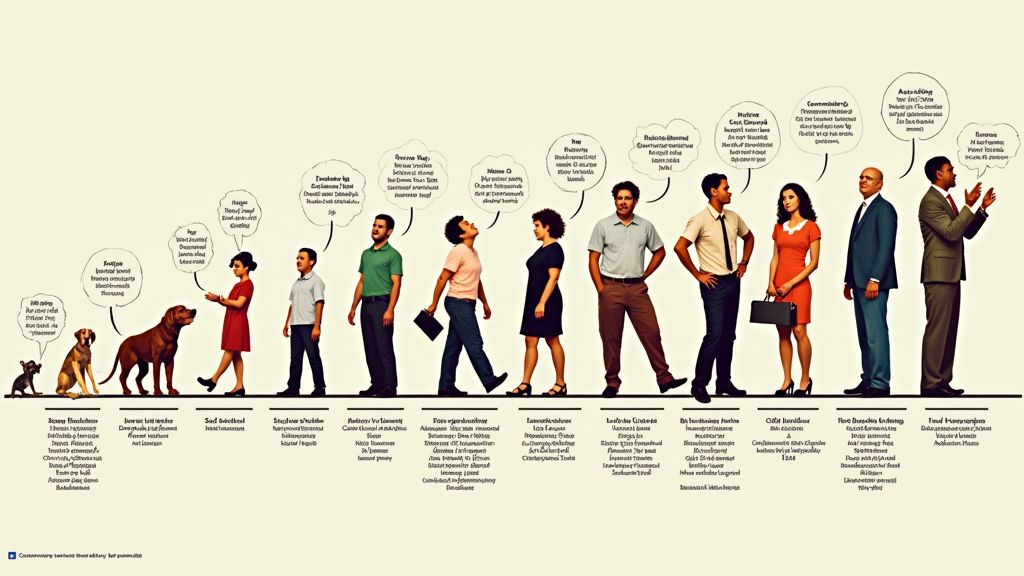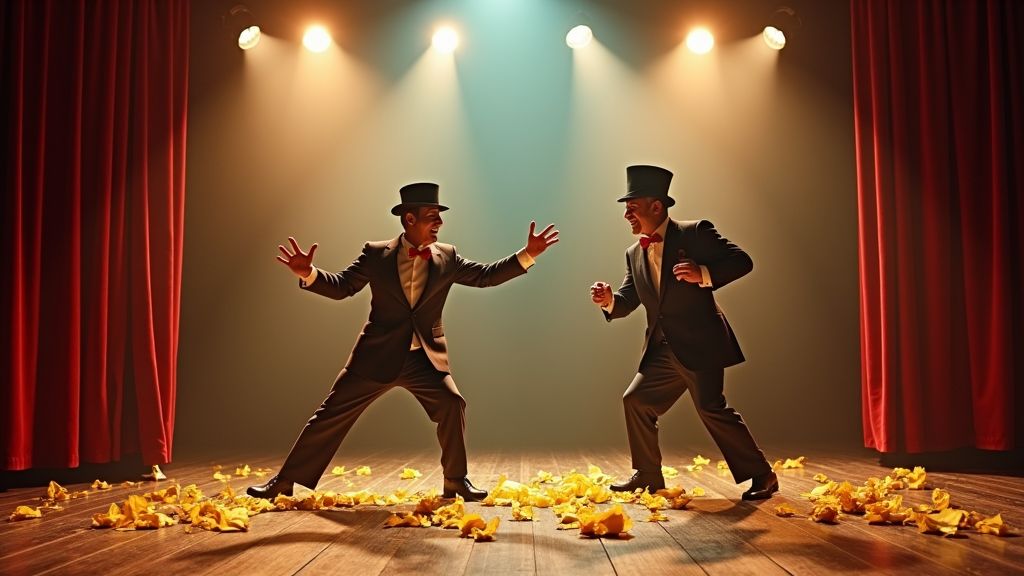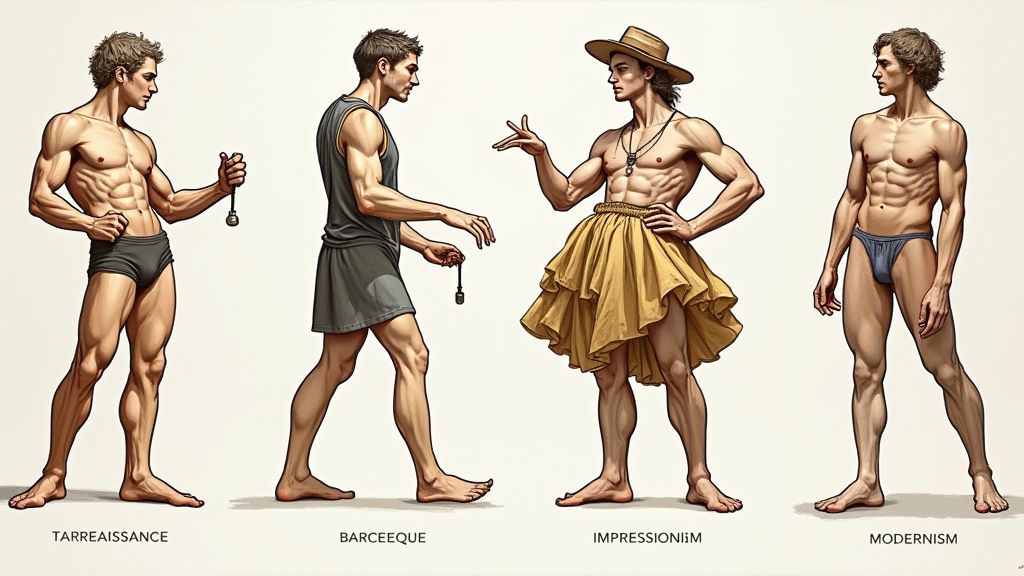The Role of Parody in Shaping Entertainment Genres
When we think of entertainment genres, we often focus on the serious, the dramatic, the thrilling. However, one often overlooked but incredibly influential aspect of entertainment is parody. Parody plays a crucial role in shaping the landscape of entertainment genres, providing a unique lens through which to both critique and celebrate various aspects of popular culture. In this article, we will explore the history of parody, its impact on different genres, and why it continues to be a powerful force in entertainment today.
The Origins of Parody
The concept of parody dates back centuries, with roots in ancient Greek drama and Roman satire. However, the modern form of parody, as we know it today, began to take shape in the late 19th and early 20th centuries. During this time, parodists such as Mark Twain and Gilbert and Sullivan used humor and satire to poke fun at societal norms and conventions. Their works laid the foundation for the development of parody as a distinct genre.
The Evolution of Parody
As entertainment mediums evolved, so too did the role of parody. In the early days of film and television, parody was often used as a way to comment on current events or lampoon popular culture. The Marx Brothers, for example, were famous for their comedic parodies of social conventions in films such as ‘Duck Soup’ and ‘A Night at the Opera’. As the 20th century progressed, parody became more sophisticated and nuanced, with creators like Mel Brooks and ‘Weird Al’ Yankovic pushing the boundaries of what could be considered parody.
The Influence of Parody on Different Genres
Parody has had a profound impact on a wide range of entertainment genres, from film and television to music and literature. In film, parodies like ‘Airplane!’ and ‘Scary Movie’ have become beloved classics, reimagining popular genres such as disaster films and horror movies through a comedic lens. In music, ‘Weird Al’ Yankovic has carved out a niche for himself as a master of musical parody, with hits like ‘Eat It’ and ‘Amish Paradise’ becoming iconic in their own right. Parody has also influenced literature, with authors like Terry Pratchett using satire and parody to critique and subvert fantasy tropes.
The Impact of Parody in the Digital Age
In today’s digital age, parody has taken on a whole new significance. The rise of social media and meme culture has made it easier than ever for creators to engage with and comment on popular culture through parody. Platforms like YouTube and TikTok have given rise to a new generation of parodists, who use their unique voice and perspective to create viral content that resonates with audiences around the world. Parody has also become a powerful tool for social commentary, with creators tackling important issues like politics, gender, and race through a comedic lens.
The Art of Creating Effective Parody
Creating a successful parody involves more than just humor; it requires a deep understanding of the original subject. Effective parodists study their source material, identifying key elements, tropes, and stylistic quirks to exaggerate or subvert. By capturing the essence of the subject, parodists can highlight its absurdities while also paying homage to its influence. This balance of critique and respect is what makes iconic parodies like ‘Spaceballs’ and ‘The Colbert Report’ resonate with audiences.
Parody and Satire: Understanding the Difference
While parody and satire are often used interchangeably, they serve distinct purposes. Parody primarily focuses on humorously imitating a specific work, genre, or individual, while satire aims to critique and expose broader societal issues, often through exaggeration and irony. For instance, ‘The Onion’ blends both parody and satire, using humorous fake news to comment on real-world events. This distinction allows creators to choose the approach that best suits their message, adding layers of meaning to their work.
The Role of Parody in Cultural Commentary
Parody plays an important role in cultural commentary, providing a platform to address current issues in a way that is both thought-provoking and entertaining. By exaggerating certain aspects of society or pop culture, parody sheds light on underlying themes or contradictions that may go unnoticed. This ability to entertain while sparking critical thought allows parodists to reach a wide audience, influencing public opinion and adding depth to conversations about topics ranging from politics to celebrity culture.
The Ethical Boundaries of Parody
As parody continues to evolve, questions around its ethical boundaries have also emerged. While parody thrives on imitation and exaggeration, there is a fine line between humorous critique and potentially offensive content. Respectful parody considers the impact of its portrayal, ensuring that humor doesn’t cross into harmful territory. This ethical balance allows parody to remain a powerful form of expression, making audiences laugh while prompting reflection on sensitive issues.
The Future of Parody in Entertainment
As entertainment continues to shift towards digital platforms, the future of parody looks bright. With tools like video editing apps, AI, and social media, creators can produce high-quality parodies with minimal resources, reaching audiences instantly. As trends evolve at lightning speed, parody will remain an essential tool for critiquing and celebrating culture in real-time. The genre’s adaptability ensures it will continue to captivate audiences, pushing creative boundaries and reflecting the zeitgeist of each new generation.

